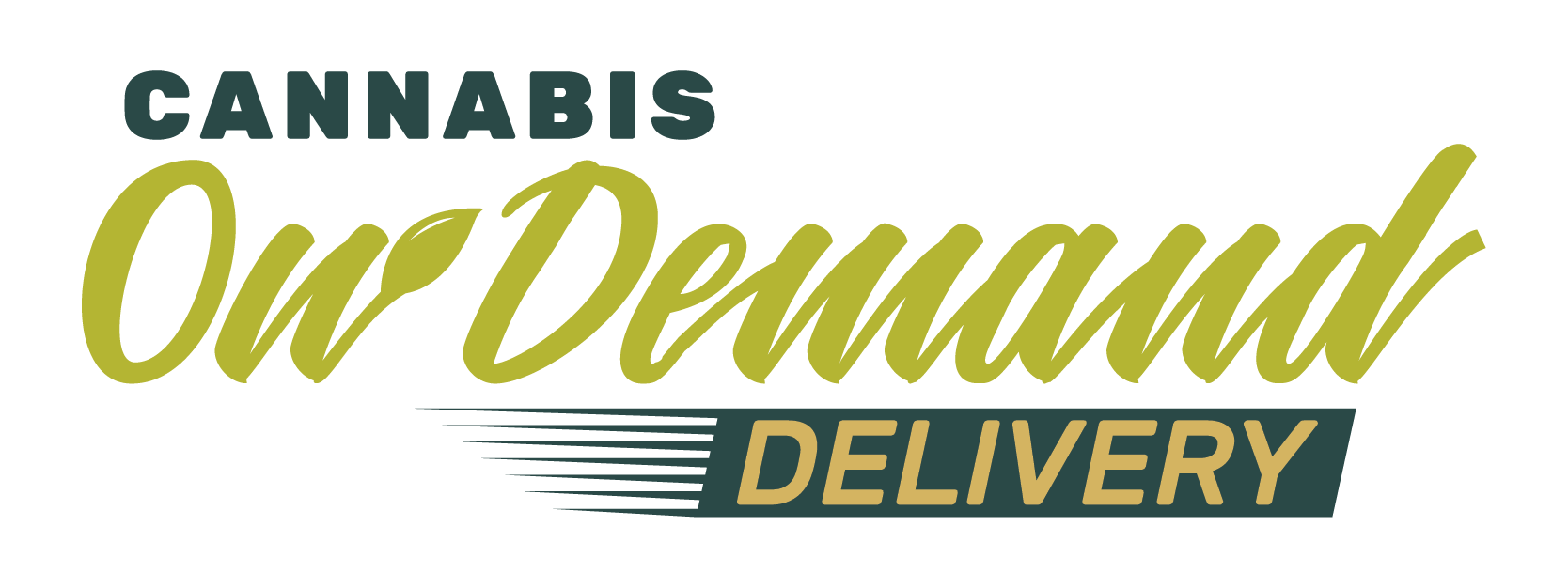Delivery services have become a pivotal component in meeting consumer demand. For operators, the decision to manage logistics in-house or partner with third-party fulfillment providers (3PLs) is critical. While outsourcing offers numerous advantages, it also presents distinct challenges, especially within the highly regulated cannabis sector.
The Benefits of Partnering with Third-Party Fulfillment Providers
- Operational Efficiency and Cost Savings
Outsourcing logistics can streamline operations by reducing the need for significant capital investment in vehicles, warehousing, and staffing. By leveraging the infrastructure of 3PLs, cannabis businesses can focus on core competencies such as product development and customer engagement. This approach can lead to lower overhead costs and improved scalability, especially in growing markets where operational demands fluctuate frequently. - Enhanced Compliance and Security
Reputable third-party fulfillment companies specializing in cannabis are typically well-versed in state-by-state regulations. Many offer built-in compliance systems that help with inventory tracking, chain-of-custody documentation, and secure transport protocols. These providers often utilize METRC integration or similar seed-to-sale systems to maintain regulatory alignment, which can reduce the risk of costly infractions. - Improved Customer Experience
Third-party logistics firms typically invest in the latest technology for route optimization, real-time delivery tracking, and automated notifications. These tools can significantly enhance the customer experience by offering transparency and reliability, which are crucial to building long-term loyalty in an industry where brand differentiation is key. Consumers have come to expect same-day or scheduled delivery options, and many 3PLs are equipped to deliver on both fronts.
The Risks and Challenges of Third-Party Fulfillment
- Reduced Control Over Operations
While outsourcing offers convenience, it comes with a loss of direct oversight. Delivery staff are not internal employees, which can lead to inconsistent service, especially when issues arise. Delivery delays, poor customer interactions, or mishandled products can all reflect poorly on the brand, even if the fault lies with the third party. Operators must invest time in setting expectations and regularly auditing performance. - Compliance and Liability Concerns
Despite many 3PLs advertising compliance expertise, the cannabis business that owns the product is typically the license holder — and therefore legally responsible for compliance violations. If a third-party courier fails to follow transport regulations, it’s the dispensary or brand that could face fines, license suspension, or revocation. This makes due diligence in vetting and contracting with 3PLs absolutely essential. - Data Security and Confidentiality
Outsourcing fulfillment often involves sharing sensitive customer information, including names, addresses, and purchasing behavior. If a 3PL lacks strong data protection protocols or is breached, the cannabis brand’s reputation and legal standing could be at risk. Companies must ensure that their partners have strong cybersecurity frameworks, including data encryption, restricted access protocols, and compliance with privacy regulations.
Final Thoughts
Partnering with third-party fulfillment providers offers cannabis delivery operators key advantages — from reduced operational costs to improved logistics performance. However, these benefits come with inherent risks that can impact compliance, brand integrity, and data security.
The key to successful partnerships lies in strategic selection and ongoing oversight. Operators should seek 3PLs that not only understand cannabis laws but also invest in secure technology and staff training. Clear contracts, performance metrics, and compliance audits should be standard practice to ensure mutual accountability.
In a fast-growing and closely watched industry, the choice to outsource fulfillment must be made with care. Done right, third-party logistics can be a catalyst for growth. Done poorly, it can become a liability. Cannabis operators must weigh the trade-offs and align their logistics strategy with their long-term business goals.

